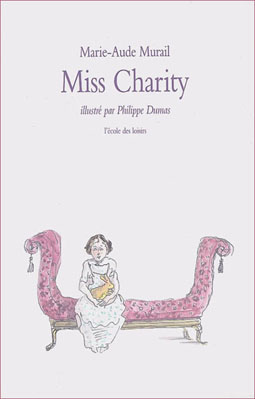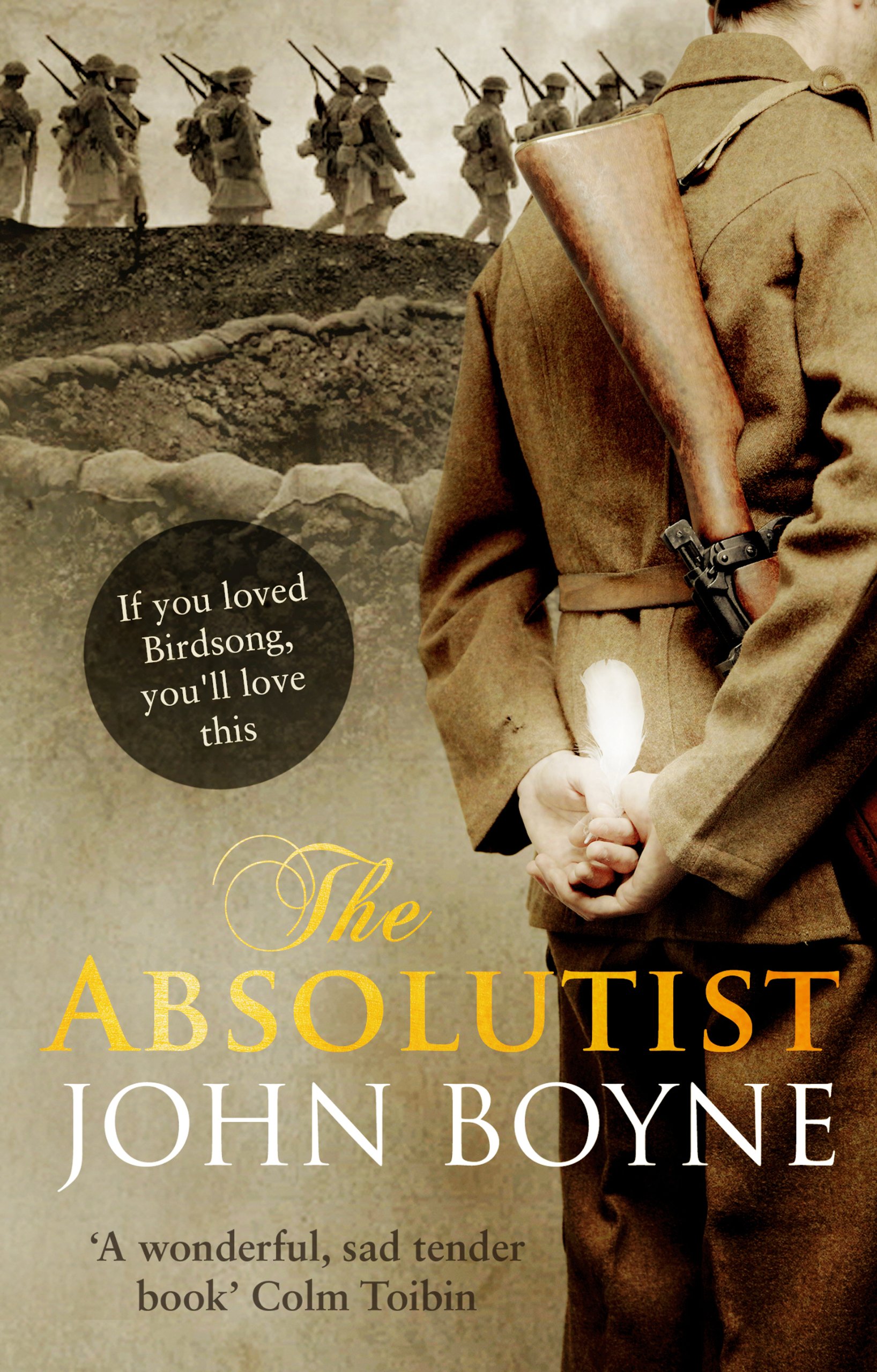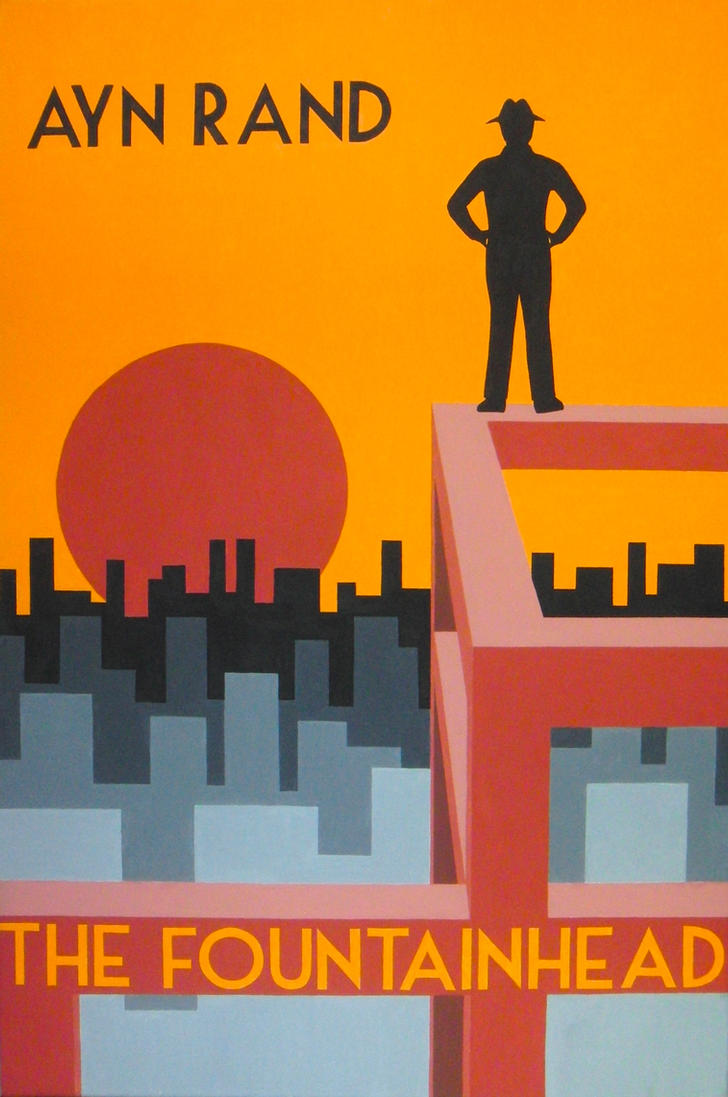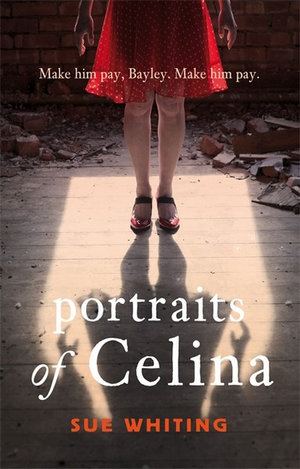« Je suis dans ma
vingt-troisième année. Mais je me sens plus âgée. Et pourtant, je n’ai presque rien vécu. Les
années immobiles comptent peut-être doubles. » (p. 425)
 Miss Charity par Marie-Aude Murail. L’histoire se déroule dans la fin du
19ème siècle. Miss Charity Tiddler est une petite fille solitaire. Depuis
l'enfance, elle s'intéressé par la nature, spécialement les animaux. Elle passe
son temps dans le troisième étage de sa maison en compagnie de Tabitha, sa
bonne, et ses animaux de compagnie. Charity est très intelligente et apprend
par cœur les pièces de Shakespeare. Sa plus grande passion c'est le dessin. De
chapitre en chapitre, Charity grandit. Elle est perdue dans les rigueur de la
bonne société anglaise. Au 25, la société pense qu’elle est trop vieille pour
trouver un mari. Mais Tiddler n'est pas
trop inquiet parce qu'elle veut être indépendante, et écrire de livre jeunesse.
Miss Charity par Marie-Aude Murail. L’histoire se déroule dans la fin du
19ème siècle. Miss Charity Tiddler est une petite fille solitaire. Depuis
l'enfance, elle s'intéressé par la nature, spécialement les animaux. Elle passe
son temps dans le troisième étage de sa maison en compagnie de Tabitha, sa
bonne, et ses animaux de compagnie. Charity est très intelligente et apprend
par cœur les pièces de Shakespeare. Sa plus grande passion c'est le dessin. De
chapitre en chapitre, Charity grandit. Elle est perdue dans les rigueur de la
bonne société anglaise. Au 25, la société pense qu’elle est trop vieille pour
trouver un mari. Mais Tiddler n'est pas
trop inquiet parce qu'elle veut être indépendante, et écrire de livre jeunesse.
J’ai compris peut-être 50 pour cent de ce livre. Je pense que c’est bon
parce que c’est un livre très long (563 pages !). Mais, donc, je ne suis pas
la meilleure personne pour écrire une critique sur le livre. Je vais écrire
basé sur que j’ai compris. Parce que c’est un bon exercice pour mon français. Je
m’excuse pour les erreurs.




